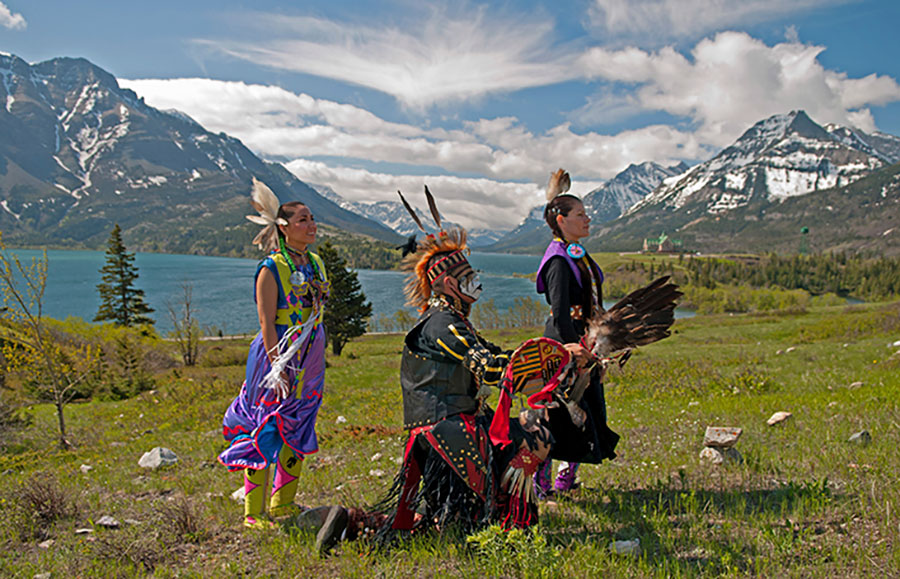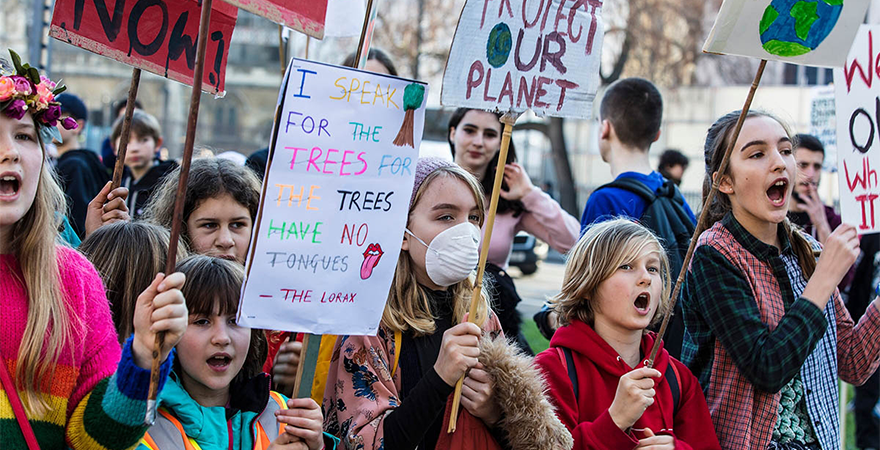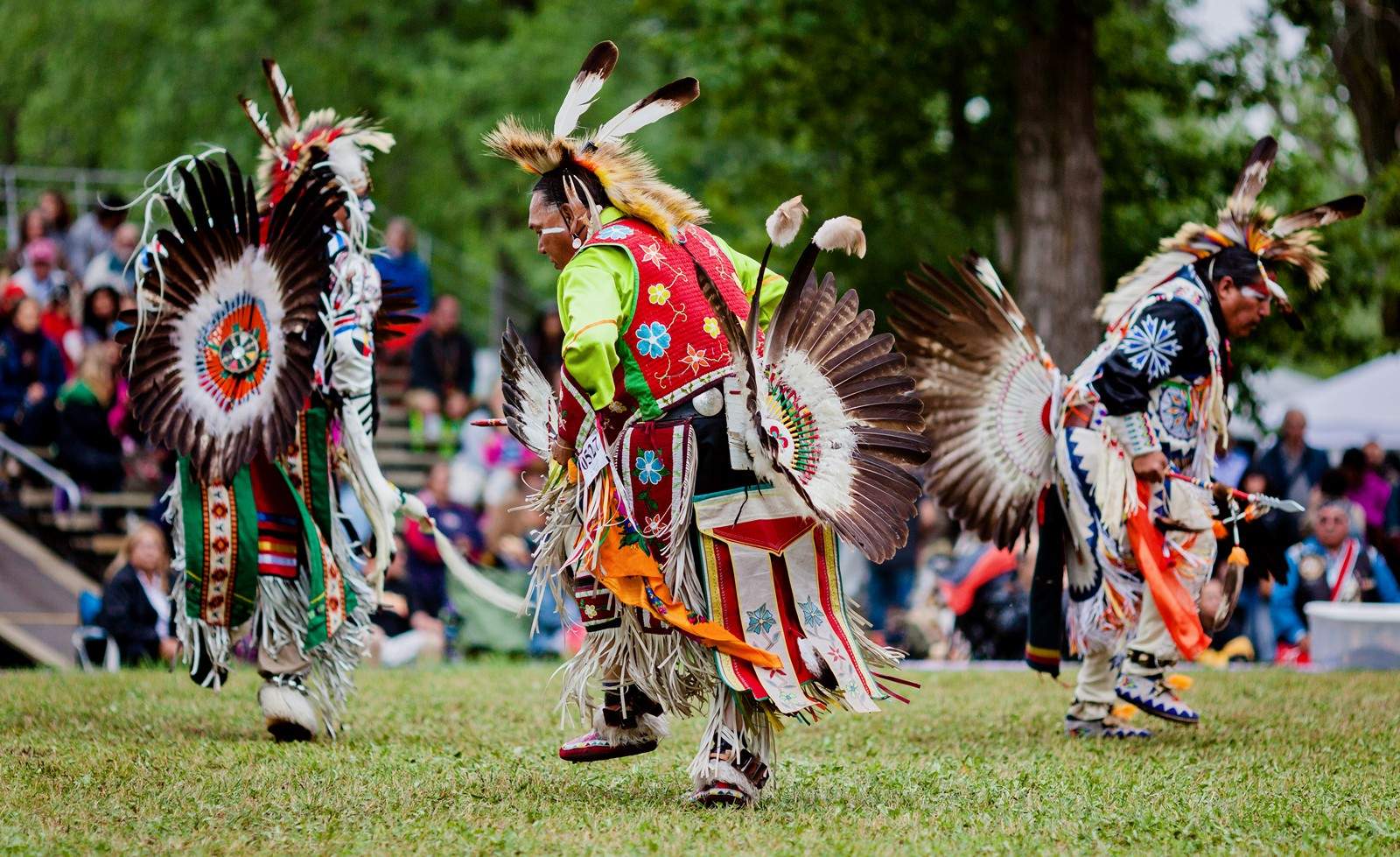Days of Awareness: August
Partners in Project Green shares Days of Awareness each month to spread awareness and start conversations. These days may have a social, historical, or sustainable significance worthy of our attention. These are just a small sampling of important days to acknowledge or remember. If we missed any days of importance that should be included, please share them with us.
International Day of the World’s Indigenous Peoples – August 9th

The International Day of the World’s Indigenous Peoples, also known as World Indigenous Peoples’ Day, commemorates the first meeting of the UN Working Group on Indigenous Populations in 1982.Indigenous Peoples live in all regions of the world and own, occupy or use some 22% of global land area. They speak an overwhelming majority of the world’s estimated 7,000 languages and represent 5,000 different cultures.
This day serves as a powerful reminder of the rights of Indigenous Peoples and their significant contributions to shaping our world. It is an opportunity to raise awareness about the challenges Indigenous Peoples face, such as dispossession, marginalization, climate threats, and rights violations.
It is also an opportunity to promote action on global commitments to human rights, reconcilitation, and sustainable development that centres Indigenous voices and self-determination.
Ways to get involved:
- If you are a PPG Member, we welcome you to join us on September 16 for Member 101: Reconciliation in Action, featuring PPG Member TELUS. You can learn more about the event and register here.
- Learning about Indigenous history and reconciliation in Canada is an important step toward building a more just and inclusive future. By taking courses on these topics, we deepen our understanding of the past, challenge harmful narratives, and honour the diverse voices, cultures, and contributions of First Nations, Inuit, and Métis Peoples. Some courses to consider during your journey of reconciliation are:
- Indigenous Canada, offered by the University of Alberta (Free):Indigenous Canada is a 12-lesson Massive Open Online Course (MOOC) from the Faculty of Native Studies that explores the different histories and contemporary perspectives of Indigenous peoples living in Canada.
- Connecting for Climate Action, offered by Western University (Free): This 8-module course (spanning 12 weeks) featuring videos, readings, activities and interactives uses a storytelling approach to bring Western and Indigenous Sciences together to educate, encourage discussions and motivate action on climate change.
International Youth Day – August 12th

International Youth Day puts a spotlight on the challenges faced by young people worldwide while recognizing their potential to create positive change. As we celebrate the transformative power of youth, let’s take a moment to reflect on the issues affecting the youth in our communities. Empowering young people and improving their living conditions is a collective responsibility. Consider how you can engage and support the youth in your area to ensure they have the resources and opportunities they need to thrive.
Ways to get involved:
- Organize a youth forum within your organization: Create a platform for young people in your organization to express their opinions and discuss important issues. Invite members from your Senior Leadership teams to engage in the conversation
- Volunteer with or support youth-led organizations doing work in the climate space:
- Climate Action Network – Youth Challenge International (YCI): Youth Challenge International unites people across Canada to protect the planet through youth-led climate solutions. This looks like young people, government, organizations the public coming together to accelerate the next wave of green innovation
- Community Climate Council: The Community Climate Council is a youth-founded, not-for-profit organization advocating for local climate action through enhancing climate literacy and political advocacy in Peel Region, Ontario
World Humanitarian Day – August 19
World Humanitarian Day honours humanitarian workers who have lost their lives or been injured while helping others and celebrates the spirit of humanitarian efforts worldwide. Established by the United Nations in memory of the 22 UN staff killed in the 2003 Baghdad bombing, the day raises awareness of global humanitarian issues, honours those working in crisis situations, and promotes the principles of humanity, neutrality, impartiality, and independence. Each year, it focuses on a specific theme to highlight the ongoing need for international cooperation and support for people affected by crises.
If you have any questions about the Days of Awareness feature, please contact Charlotte Hung at charlotte.hung@trca.ca.

